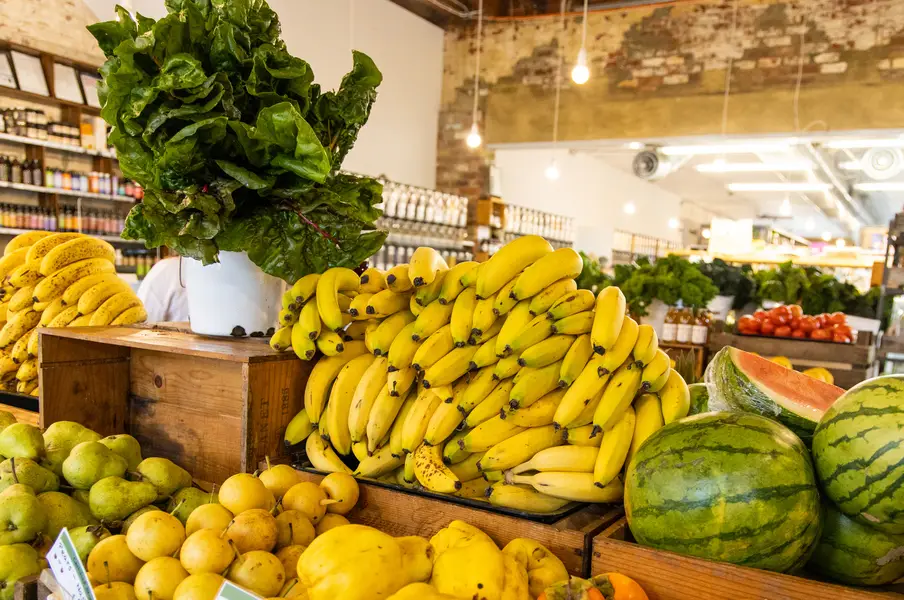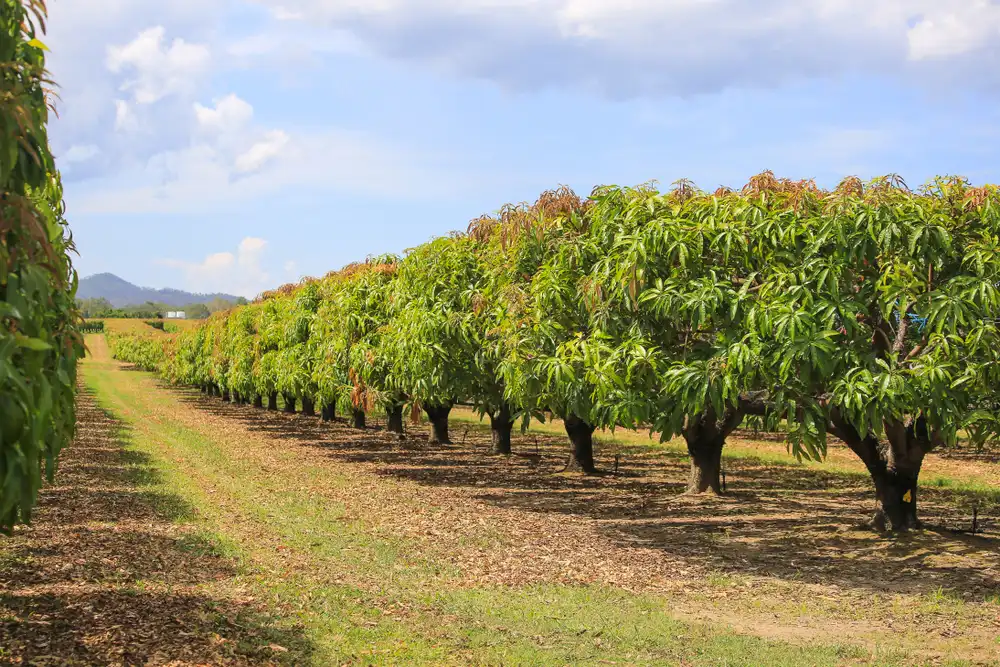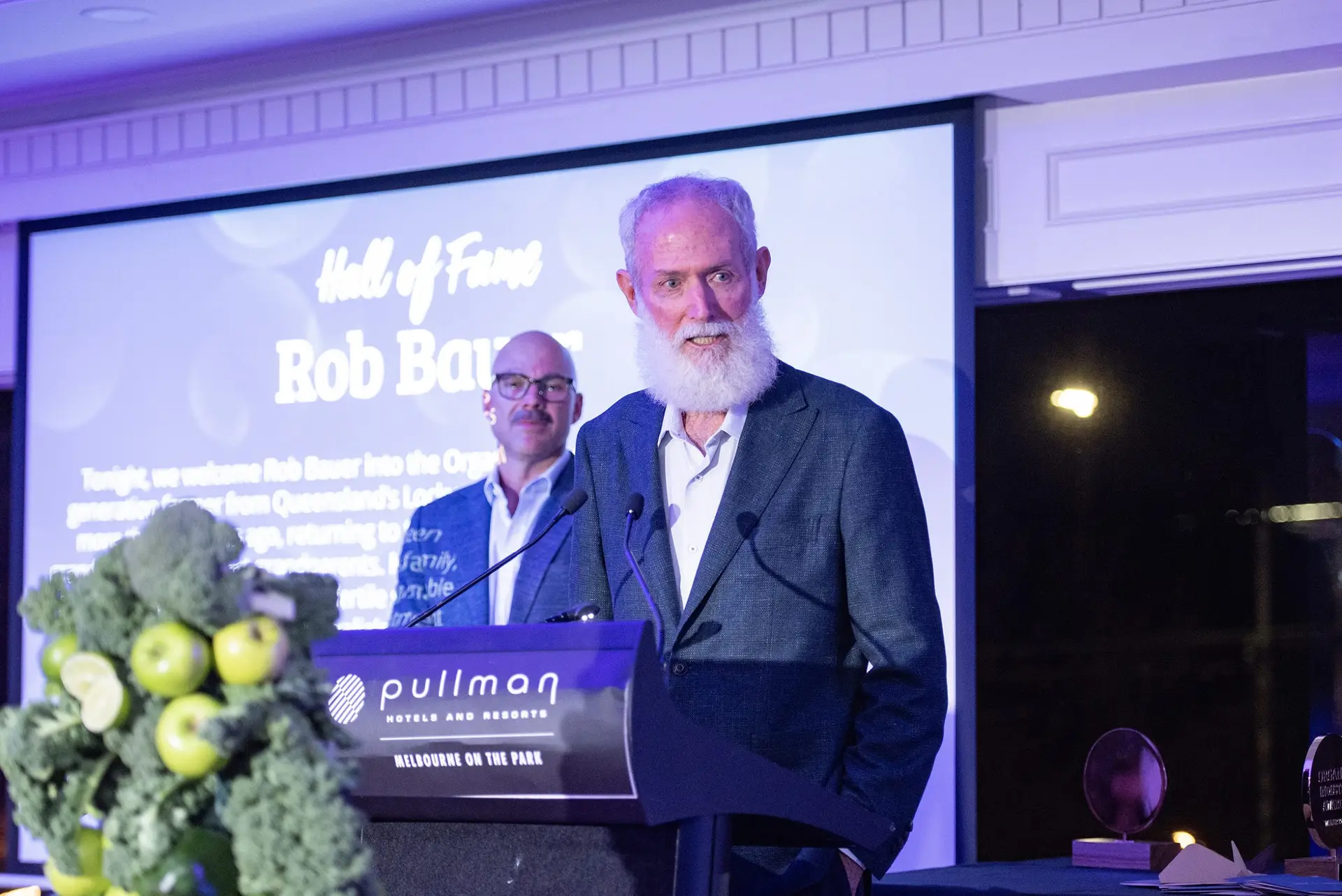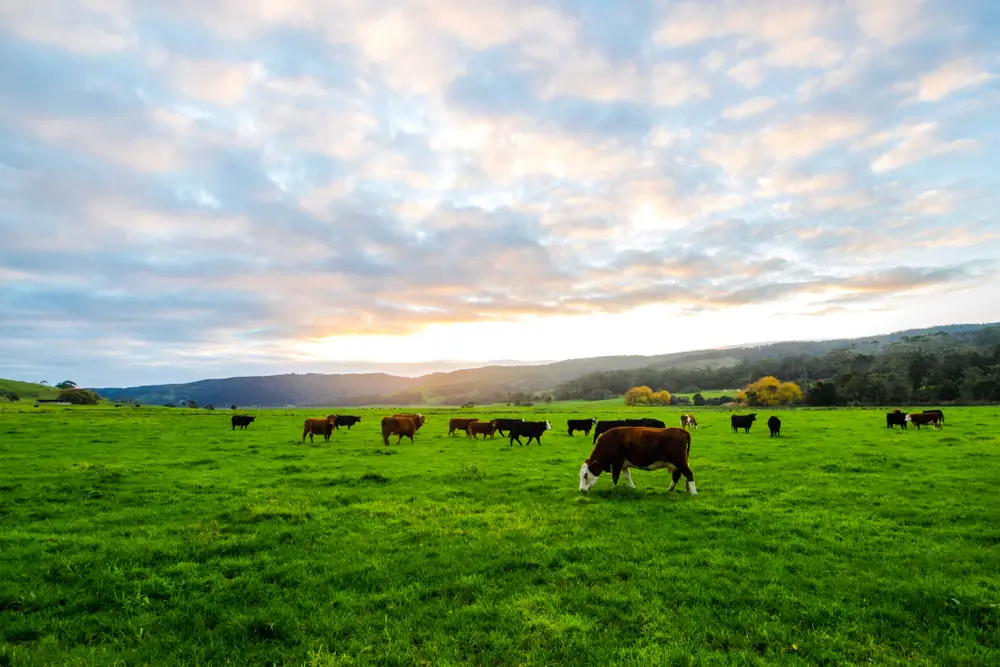Australia’s certified organic industry has been left shocked and disappointed at the decision by Minister for Agriculture Murray Watt to abandon plans to introduce domestic regulation, ignoring his own panel of industry experts and thousands of producers.
In a bitter twist, Minister Watt’s decision comes on the same day New Zealand’s parliament formally passed a bill to create an organic standard, leaving Australia as the only developed country in the world without organic regulation.
With no mandatory domestic standard or even a single legal definition of the term “organic”, Australian exporters face increased compliance costs in meeting the requirements of multiple overseas markets, while domestic consumer confidence is jeopardised, given a product with only a tiny amount of organic content can be passed off as “organic”.
Australian Organic Limited Chief Executive Officer, Niki Ford, whose organisation has been advocating for standardised domestic regulation for more than four years, said the two-billion-dollar industry was shocked by Minister Watt’s decision which would seriously stymie its ability to unlock valuable overseas markets and leave the door open to unscrupulous operators misusing the term organic.
“Without a federally mandated standard, some countries do not recognise the organic credentials of our producers even if they have certification from trusted and independent bodies here in Australia,” Ms Ford said.
“So, producers then have to pay for access and the costs can add up or discourage businesses from even trying.”
“Today, with the stroke of a pen and barely a sideways glance at our hardworking producers, the Minister jettisoned years of careful and considered work on domestic regulation and left us with nothing.
“This decision is based on a cost-benefit analysis by PwC which left out any potential boost that domestic regulation would have to exports, because they felt it was too difficult to calculate. This is despite producers telling us they would if things were easier, despite extensive industry briefings, and in contradiction to the position of so many other jurisdictions.”
PureHarvest Business Manager Pasquale Lazzaro, whose family has been a mainstay of the organic industry for more than 40 years, said leaving out exports is like leaving out half of an equation.
“The irony is what’s happening in New Zealand,” Mr Lazzaro said.
“They’re making the decision explicitly valuing the export potential and that organic regulation is required to help the industry grow. There is more than enough evidence over there, but here the Minister is shutting the door.”
Mr Lazzaro is also a member of the Organic Industry Advisory Group, convened two years ago to provide the Minister and his department with advice on domestic regulation. He said the OIAG had not been consulted since Minister Watt assumed the portfolio last year.
“It’s very disappointing that the input of the advisory group has not been given consideration in the Minister’s decision, particularly with respect to export opportunities,” Mr Lazzaro said.
“Minister Watt said today he was worried that domestic regulation would create a cost that would be passed on to consumers. We already use certified organic ingredients wherever possible. If we got domestic regulation, we wouldn’t be looking to put our price up, this is about those competitors who are not regulated.”
Victoria Angove, Director of the celebrated and award-winning Angove Family Winemakers, said the industry had not given up.
“We know that domestic regulation is the best pathway forward for everyone,” Ms Angove said.
“It will help remove trade barriers to open up new markets, it will give our domestic consumers more confidence and it will unshackle an industry that is an important part of our economy.”
Media enquiries:
Stacey Wordsworth
[email protected]
0438 394 371





